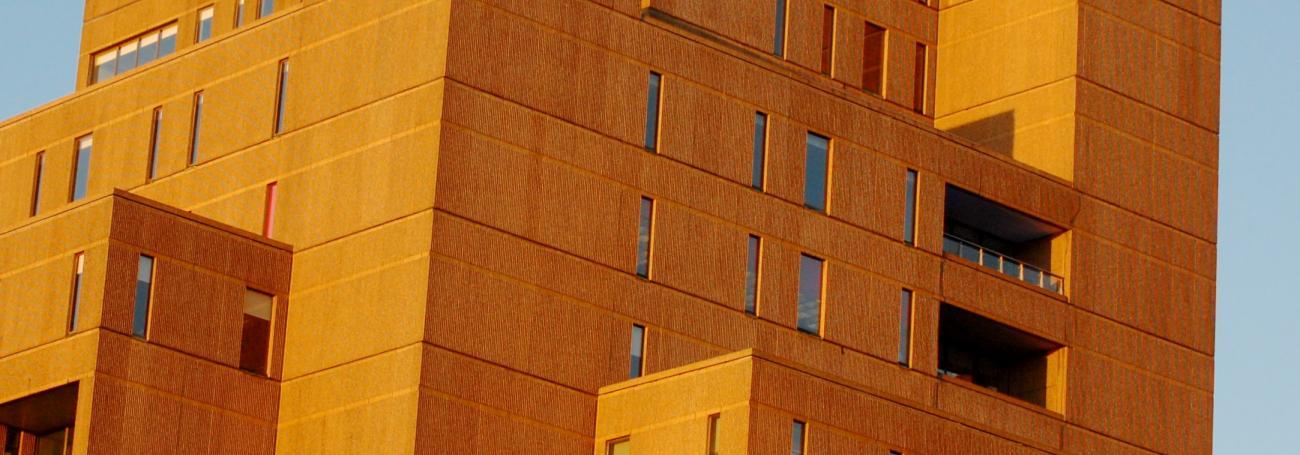Ivo Aertsen (Belgium), Emeritus professor, KU Leuven
Razwana Abdul Rahim Begum (Singapore), Head Public Safety and Security Programme and Military Studies Minor, Singapore University of Social Sciences
Francesca Bertelli (Italy), Research Fellow, University of Brescia
Tim Chapman (UK), Visiting Professor University of Strathclyde
Marie Keenan (Ireland), Associate Professor, University College Dublin
Claudia Mazzucato (Italy), Associate Professor of Criminal Law, Università Cattolica del Sacro Cuore, chair of the WG
Caroline Petruzzi McHale (France), Lawyer/Avocate (NY, Paris) & Founder, Studio Vivace
Silvia Randazzo (Belgium), Independent consultant on child justice and child protection, vice-chair of the WG
Anneke Van Hoek (the Netherlands), Manager and Cofounder, Restorative Justice Nederland
Gemma Varona (Spain), Senior Researcher and Professor, Basque Institute of Criminology at the University of the Basque Country
Representative of the Secretariat: Laura Hein (laura.hein@euforumrj.org)
Acknowledgment to former members
Robert Mackay (UK), Associate, Restorative Justice for All International Institute, initatior and chair of the WG 2021- 2023
Sophie Grimbert Tweed (France), Youth Labs Coordinator, French Ministry of Justice, regional hubs and French national education schools
Caroline Petrilla (US), Special projects, Youth Advocate Programs, Inc.



